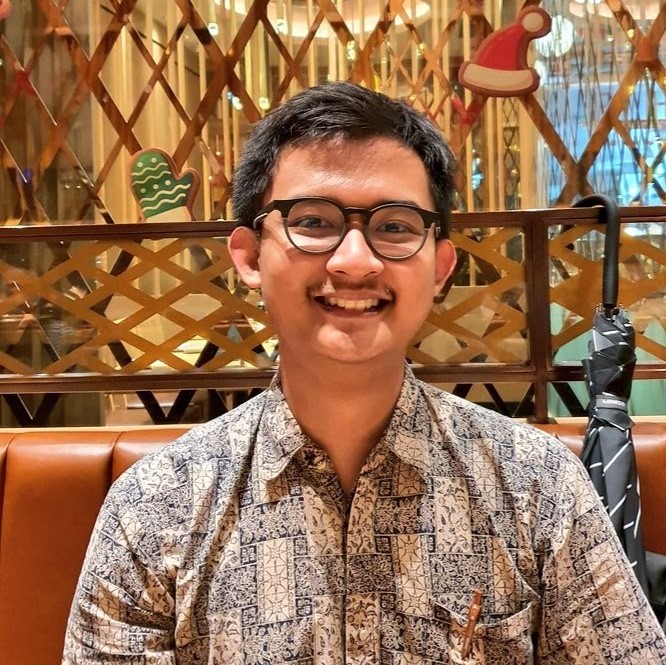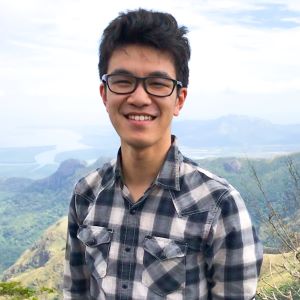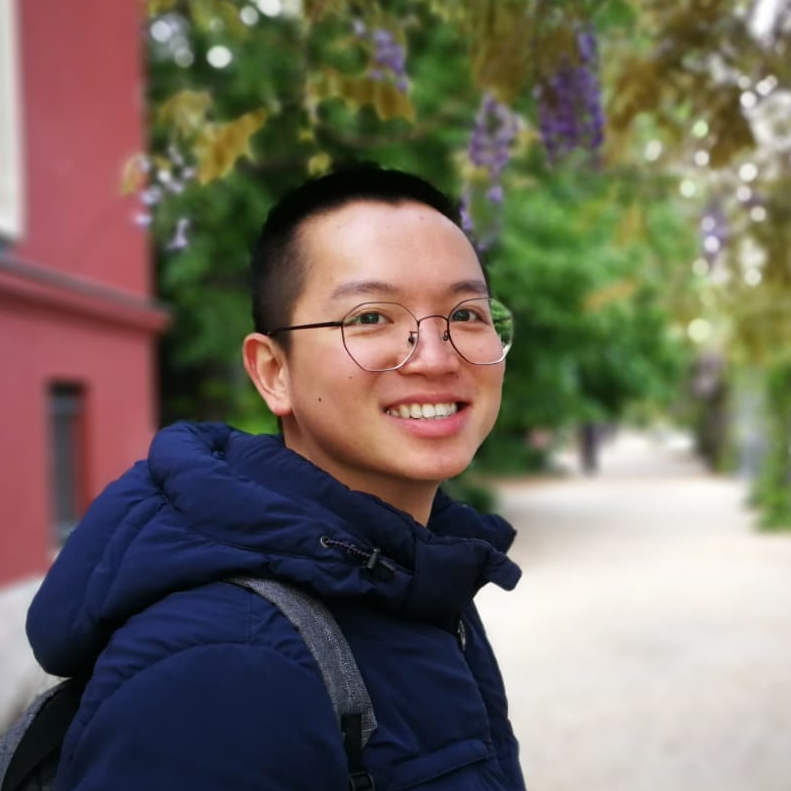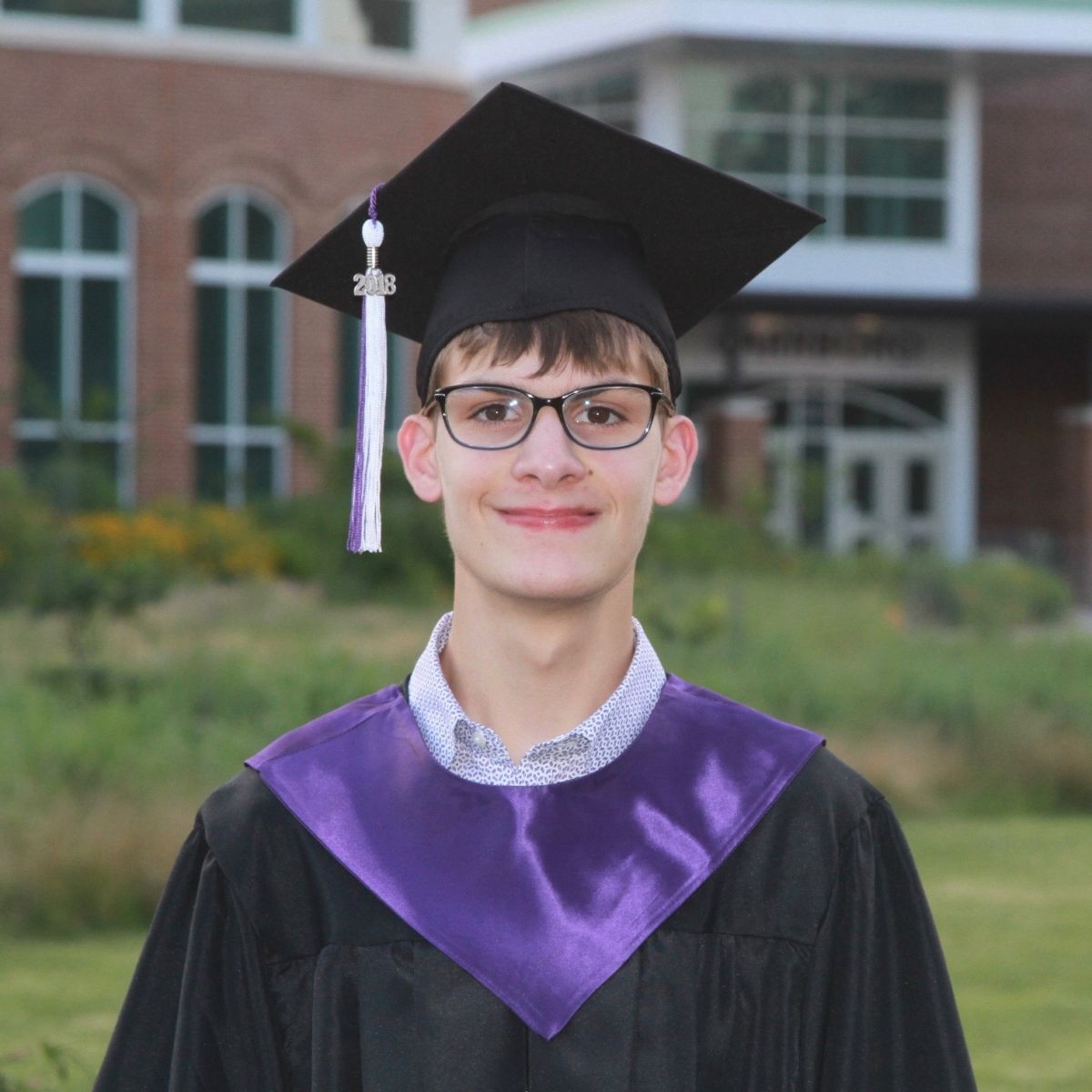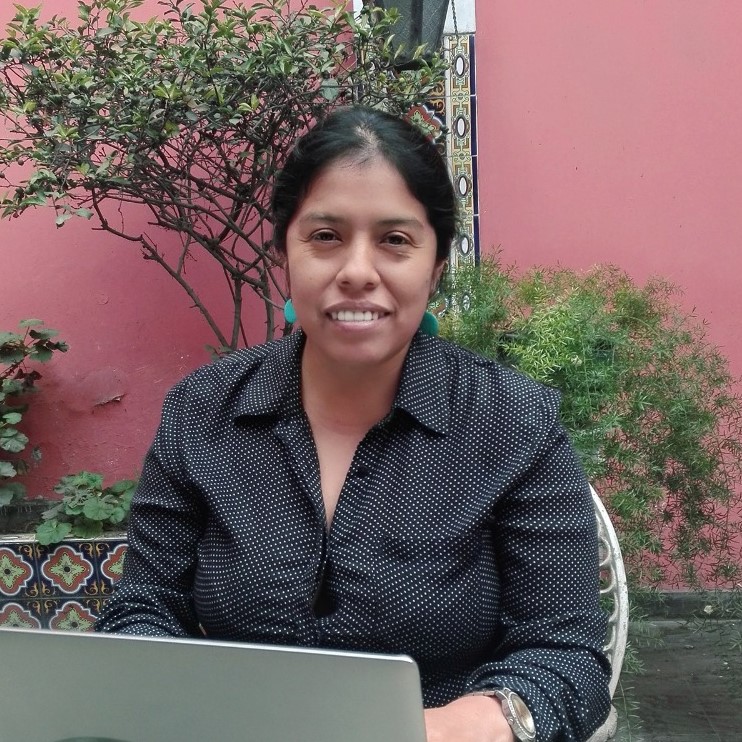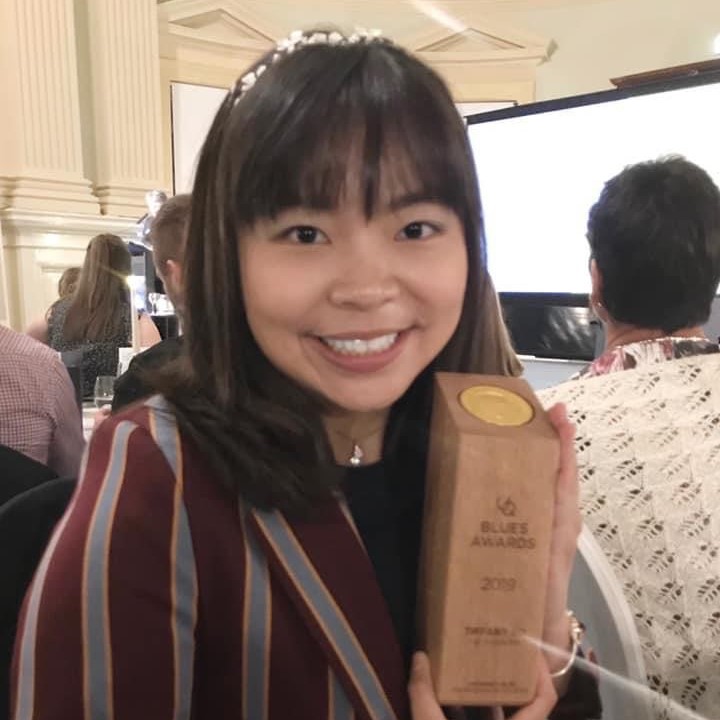Quando o teu país é um caso de estudo: Ser uma ambientalista Indonésia em Yale
Minha experiência e conhecimento, e a experiência de todas as minorias, importam, mesmo que aquelas perspetivas parecem insignificantes por causa de todo o esforço extra para fazer as pessoas entenderem.
Indonesia, Southeastern Asia
Story by Brurce Mecca. Translated by Sweet Bean
Published on April 9, 2022.
This story is also available in 






Listen to this story:
Me graduei em Maio de 2019 com o mestrado de ciência ambiental na Universidade Yale (Estados Unidos). Eu sou de Indonésia, um país conhecido pela sua diversidade cultural, ricas florestas tropicais, e muitos problemas ambientas. [1]
Minha experiência na Yale foi uma história de conflitos entre a minha identidade como uma ambientalista indonésia e estudando com bolseiros do ambiente de Yale com uma visão centro-Ocidental sobre a minha terra natal. [2]
Para muitos ambientalistas ocidentais, Indonésia é um local de estudo- um laboratório gigante para investigar problemas ambientais trópico-sociais e salvar a floresta pluvial. Muitos dos meus colegas americanos trabalharam na Indonésia. Meu próprio conselheiro de tese é famoso pela sua pesquisa de ecologia humana na Indonésia. Eu fui trazida a Yale afim de me juntar ao mesa de especialistas indonésios, mas percebi que minhas participações como uma indonésia nativa eram constante confrontadas pelos académicos ocidentais. Por exemplo, quando expliquei que as intervenções projetadas pelos pesquisadores ocidentais para reduzir a queimada florestal na verdade feria o direito de terra dos camponeses indonésios, eu fui vista como sendo muito “pessimista”. Para se envolver nas conversas, eu aprendi a reajustar meu entendimento do meu próprio país de acordo com os seus conhecimentos preexistentes e ideias centro-ocidentais sobre Indonésia.
Quando apresentei minha pesquisa sobre questões ambientais na Indonésia em Yale, Eu fui muitas vezes perguntada: “O que torna as questões ambientais na Indonésia tão únicas comparadas com os outros países?” Esta pareceu como pergunta perfeitamente normal, até que percebi que estava sendo pedida para defender porque Indonésia merecia ser notada pela comunidade académica. Para os meus colegas e professores, pesquisa vantajosa é aquela que gera ideias novas. Eles viam Indonésia como um mistério, laboratório gigante no extremo oriente útil para a hipótese. Mas para mim e as comunidades com quem trabalhava, teorias intelectuais fazem pouco para chegar ao tangível, problemas ambientais iminentes que afetam muitas vidas. Quer os problemas ambientais na Indonésia sejam “únicos” ou não, o facto de que academia Ocidental falhou ao resolver essas questões é mais uma razão para ambientalistas indonésios, como eu, continuarem a trabalhar.
Embora Yale se orgulha em hospedar uma pesquisa extensiva na Indonésia, eu descobri que muitos dos pesquisadores da Yale só associaram Indonésia com duas situações-- desflorestação tropical e orangotangos. Portanto, para terem interesse na minha pesquisa sobre comunidades afetadas pela conservação de turfeiras [3], eu tive que falar sobre tópicos como “desflorestação” e “perda da biodiversidade” que interessava os pesquisadores da Yale, embora eu não estivesse focada naqueles temas. Apesar de ser a especialista residente na política de turfeira indonésia na Yale, eu experienciei um sentimento constante de inferioridade e rejeição pelos bolseiros indonésios ocidentais porque o conhecimento que eu gerava só era valioso baseado no como se enquadrava na prioridade deles. Eu aprendi que para minhas perspetivas serem respeitadas e entendidas, eu precisava primeiro entender as perspetivas dos meus colegas ocidentais e professores, e aprender a falar nos termos da Yale. Segundo eu reconheci que Yale, se embutiu tão profundamente em seu centralismo Ocidental, e do mesmo modo nunca irá entender a complexidade da minha perspetiva. Isto me levou a minha terceira lição de Yale: minha experiência e conhecimento, e a experiência de todas as minorias, importam, mesmo que essas perspetivas pareçam insignificantes por causa de todo o esforço extra para fazer as pessoas entenderem. Levou muito tempo para mim aprender como dizer a minha própria história e ser ouvida. Esperançosamente, a medida que mais pessoas como eu se sentam na mesa académica, não vai levar muito tempo para aqueles que se aproximam por causa de suas experiências serão reconhecidas desde o princípio.
Nota de Rodapé
[1] Particularmente no meio de antropologistas ambientais, Indonésia é famosa por conflitos ambientais: interesses financeiros destruindo florestas tropicais, desregulamentação patrocinada pelo estado da proteção ambiental, poluição plástica massiva nos oceanos, e claro,orangotangos em perigo.
[2] Por “Centrado no Ocidente” quero dizer priorização das perspetivas europeias e norte americanas em todas as questões; neste caso, particularmente a deferência para as pesquisas europeias e norte americanas sobre Indonésia acima do conhecimento dos próprios indonésios.
[3] Mais informações no meu perfil CIFOR : https://www.cifor.org/feature/usaid-cifor-fellowship/brurce-muhammad-mecca/ ou perfil do Instituo de Recursos Tropicais: https://tri.yale.edu/people/brurce-mecca
How does this story make you feel?
Follow-up
Do you have any questions after reading this story? Do you want to follow-up on what you've just read? Get in touch with our team to learn more! Send an email to [email protected].
Talk about this Story
Please enable cookies to view the comments powered by Disqus.
Subscribe to our Monthly Newsletter
Stay up to date with new stories on Correspondents of the World by subscribing to our monthly newsletter:
Other Stories in Português
Explore other Topics
Get involved
At Correspondents of the World, we want to contribute to a better understanding of one another in a world that seems to get smaller by the day - but somehow neglects to bring people closer together as well. We think that one of the most frequent reasons for misunderstanding and unnecessarily heated debates is that we don't really understand how each of us is affected differently by global issues.
Our aim is to change that with every personal story we share.
Community Worldwide
Correspondents of the World is not just this website, but also a great community of people from all over the world. While face-to-face meetings are difficult at the moment, our Facebook Community Group is THE place to be to meet other people invested in Correspondents of the World. We are currently running a series of online-tea talks to get to know each other better.











